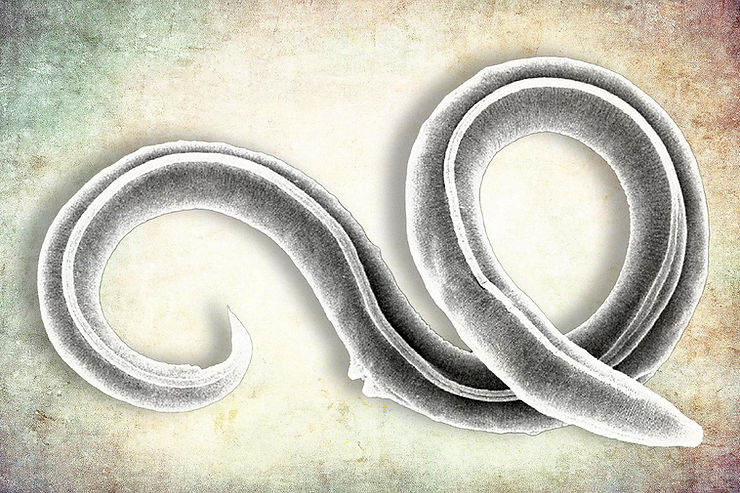By: Louie Chiang
Scientists have made a discovery that sheds light on the ability of certain organisms to survive in extreme conditions for thousands of years. A pair of tiny roundworms, also known as nematodes, were encased in Siberian permafrost dating back approximately 46,000 years.
Researchers from the Max Planck Institute of Molecular Cell Biology and Genetics in Germany successfully revived the worms simply by placing them in water.
The nematodes, called Panagrolaimus kolymaensis, entered a dormant state known as cryptobiosis, allowing them to withstand the extreme cold. This discovery is important because no other nematodes have been known to achieve this state for such a long period of time. By studying the genetic makeup of the nematodes, researchers identified specific genes responsible for their ability to enter cryptobiosis. These genes were also found in contemporary nematodes, suggesting a common mechanism for survival.
The practical applications of this research are still unknown, but it opens the door to further understanding cryptobiosis and its potential applications. Dr. Teymuras Kurzchalia, one of the researchers involved in the study, emphasized the importance of scientific exploration even when immediate practical uses may not be evident. He compared this discovery to past breakthroughs such as semiconductors and the double helix structure of DNA, which at first had no clear practical applications but later revolutionized various fields.
Apart from the scientific implications of climate change, there is also concern about the long-term effects of global warming on Siberian permafrost. Thawing permafrost could lead to the reintroduction of ancient microorganisms into the environment. While the study of these organisms is currently conducted in controlled lab settings, caution is needed in the face of potential environmental changes.











